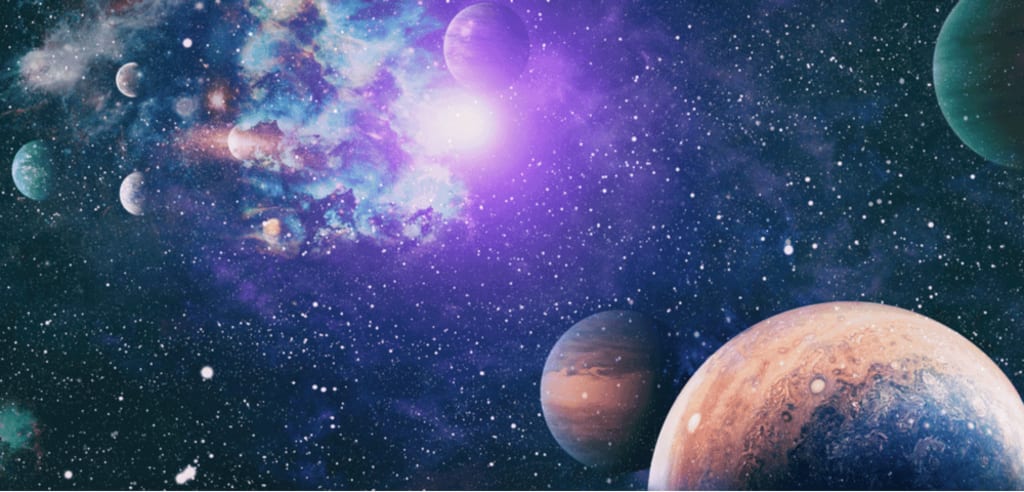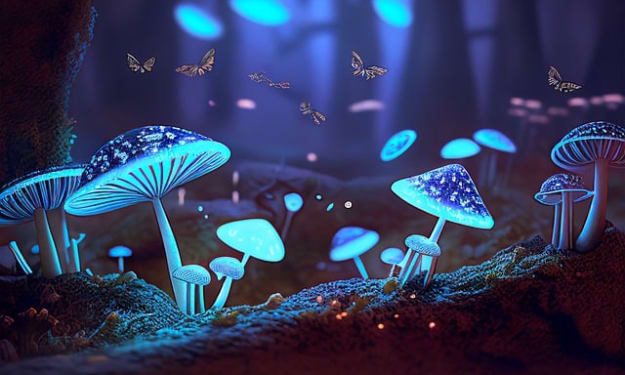Is the universe dying?
The best theories in my opinion

If the Earth is destroyed by global warming, this could be the end of human civilization. Maybe we can migrate to Mars before that happens and then colonize other planets. But what if a time comes when there is nowhere left for humanity to escape? No other worlds, stars, or black holes.
It may seem tragic, but this is something scientists have already predicted. There are several theories about an imminent cosmic catastrophe and for me these 3 are the most fascinating.
The Big Rip
If you were a being that lived for a long time, it would be worth paying attention to the disaster that could happen in 22.8 billion years. According to a theory called Big Rip, on this date the universe will have expanded so much that even atoms that form planets and galaxies will begin to disintegrate, generating the biggest apocalypse of all.
The hypothesis was created in 2003 and says that the enormous disaster is linked to the expansion of the cosmos, something that for a long time scientists thought would stop happening. But that is not the case. In 2019, a study even showed that the speed of expansion continues to increase and is at least 9% higher than previously thought.
But how does this increase in the Universe happen? Scientists believe that the culprit is dark energy, which observations indicate exists throughout the cosmos and may represent up to 95% of the total mass of the Universe. Dark energy accelerates the rate of growth in an as yet unknown way, until it reaches a limit point and causes the Big Rip.
The Big Crush
What if other universes existed and died before ours formed? This idea may seem like it comes from a science fiction movie, but it's part of the Big Crunch theory. According to the hypothesis, a reverse Big Bang will happen in a few trillion years, and the explosion that is known to have formed our Universe could also annihilate it.
That is until a new cosmos emerged and then also ended up exploding - and the cycle continues like this. But something like this would only happen if the Universe, instead of expanding, was doing the opposite movement, contracting. As we know that the Universe is increasing quickly, the Big Crunch is now out of use by most scientists. Some explain, however, that if the Big Crunch really happened it would be because gravitational attraction would stop the attraction that causes the stars to move away from each other. The Universe would then plunge into a dense state as if it were swallowed by a black hole. A cosmic collapse would occur until there was nothing left.
Big Slurp
The idea that there are multiple universes sounds pretty crazy at first glance, but many scientists spend years calculating this hypothesis. It turns out that the observable universe is gigantic, and the most distant objects we can see are today some 50 billion light years away.
But the part we know about is getting smaller and smaller as a result of the accelerating expansion of the cosmos. This shows that we possibly live in a reality of several unknown universes, with very distant contexts.
This idea of the multiverse is the basis of the Big Slurp model for the end of absolutely everything we know. Another basis for the hypothesis is the Higgs Boson - the particle that gives mass to all other particles. Scientists believe that if the Higgs Boson has a certain mass, this is a sign that the vacuum in the Universe is unstable.
This instability opens up the possibility (which is very remote) that a catastrophic event could occur when the bubble from another universe appears inside ours. If this bubble has less energy than our own Universe, it's the end. The protons of all matter may cease to exist, and so will we.
And the worst: at any time.





Comments
There are no comments for this story
Be the first to respond and start the conversation.